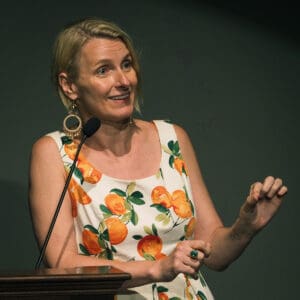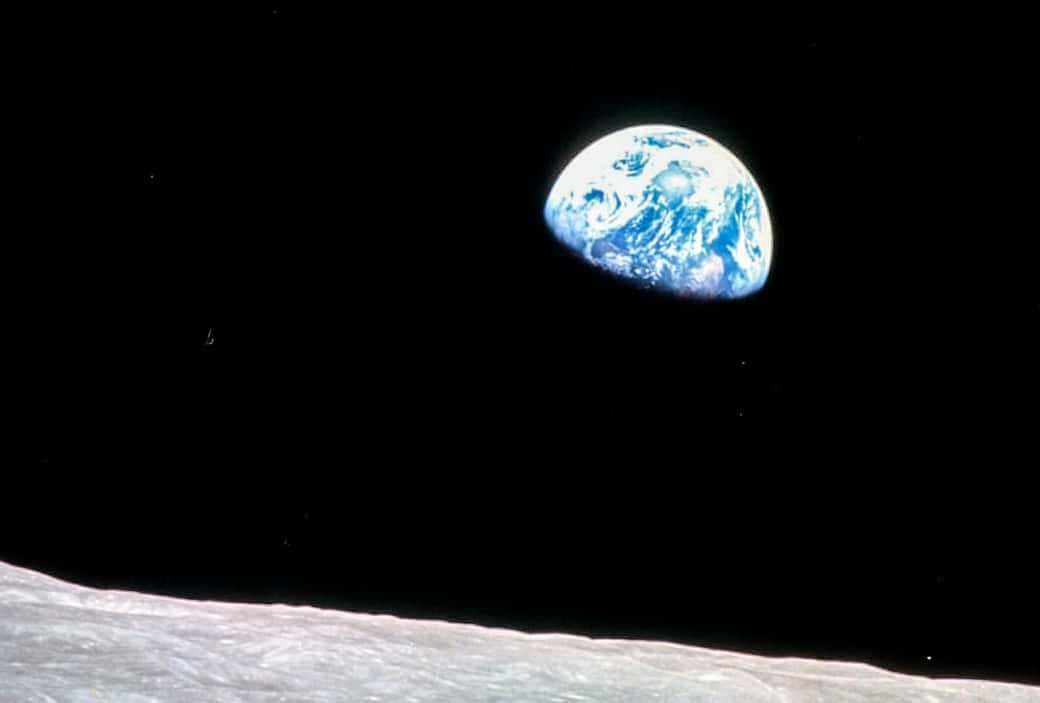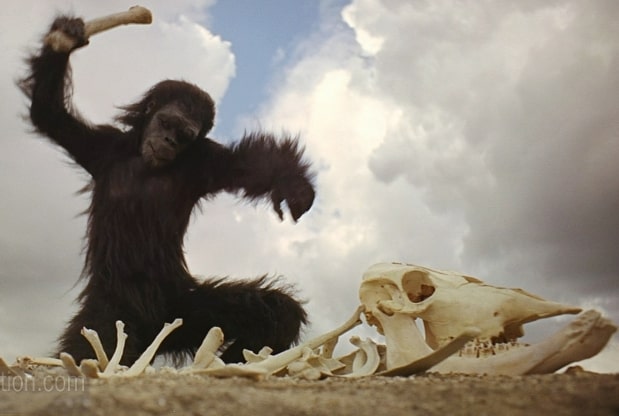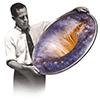Why can’t we have nice things?
It’s simple, really.
Well, its simple to think.
It’s not so simple to write or post where others can read what I’m thinking.
This is how it starts:
The speculation embodied across the two books I’ve written boils down to this: If there are advanced civilizations in the universe, then those civilizations have two technologies at their disposal that have been kept out of the reach of mere humans: fusion energy and gravity control.
That is how advanced civilizations are able to galavant about the galaxies in whatever craft it is that appear occasionally in our skies: compact fusion reactors (like a Farnsworth fusor) pump impossibly high mega-voltages into devices that produce synthetic gravitational fields (like the Townsend Brown ‘gravitator‘).
The result, as Townsend said to Josephine when he took her sailing on Buckeye Lake in 1928 is:
“Someday, men will travel in space, just as we are sailing now. Great ships will silently push away from the Earth just as easily as this sail boat pushed away from the dock.”
If – as my two books imply – those two advanced technologies have been revealed to humans in the past century, then why do they remain out of reach?
Back up a second. What does that even mean, ‘technologies that have been kept out of the reach’?
If that’s the first question, then the second question would have to be ‘kept out of reach… by whom?‘
Then we get into the ‘how’s and ‘why’s.
The Theology of It All
At which point it all gets very, umm… metaphysical. Or maybe a touch theological. And hard to ponder, let alone gather in a coherent blog post. Because the ‘who’ question veers off into…well…

Elizabeth Gilbert said it best in one of the two epigrams that opens The Man Who Mastered Gravity:
There is an intelligence in the universe
that wants to communicate with us.
Ms. Gilbert said that almost in passing during an appearance she made in Nashville in June 2019.1 I jotted it down and remembered it because that sentiment echoes something that Morgan2 was trying to tell me.
Between the lines of Morgan’s references to ‘The Caroline Group‘ is the recurring inference that there was some kind of non-human element in its midst: that there is some kind of superior intelligence in the Universe, and that The Caroline Group is among its guardians here on Earth.3
Religions have been organized around the idea that that superior intelligence is ‘god.’
The problem is that a lot of humans keep killing each other over differing interpretations of what that portends for an afterlife. You know: Buy my book or I’ll kill you – then you’ll find out which of us is right.
Over the eons, humans were given sufficient knowledge to make fire and build what ‘civilization’ we have. But for most of the past two centuries we’ve been killing each over some gooey substance left behind by dead dinosours that we use for fuel.
And worse, we still fighting over who controls bits of geography – Iraq, say, or Ukraine. That aspect of ‘human’ nature must seem patently absurd to any species whose perspective of our planet is like one of those Apollo photos of the earth from the moon.

The Superiors went so far as to test us with the knowledge that E=MC2. I can just see them folding their arms and saying “OK, let’s see what they do with that.”
One Hiroshima and one Nagasaki later, and they’re like, ‘OK, that’s enough.”
Even the New York Times recently observed that there haven’t been any monumental scientific breakthroughs since the end of World War II.
This is why we can’t have nice things – like fusion energy and gravity control.
Einstein, Farnsworth and Brown
In Chapter 17 of The Boy Who Invented Television, Philo Farnsworth is given a chance to talk on the phone with Albert Einstein. It’s 1948, and Einstein is dispondent about how his ideas were put to use at the end of World War II. Farnsworth wants some feedback on his ideas for controlled nuclear fusion, and figures there isn’t anybody on Earth who could understand what he’s thinking better than the man who came up with the basic equation. According to Farnsworth’s widow,
When he told Einstein that he had some rudimentary ideas about how to harness the power of fusion, Einstein replied, “You must continue this work. This is the good part of my theories.”
I think Einstein and Farnsworth – and, yes, Townsend Brown – shared an understanding of the universe – a cosmology – that was bestowed upon them at birth. Two technologies that we do have at our disposal – television and fission-based nuclear energy – are a manfestation of that cosmology.
In Farnsworth’s case, the seed was planted in the prologue that opens his widow Pem’s memoir, Distant Vision:
Lewis heard a voice call his name. Turning, he saw what appeared to be the familiar figure of [his deceased first wife] Amelia, standing a few feet away.
The apparition began to speak: “I have come to tell you that [his second wife] Serena’s child is one of God’s special spirits; Great care should be taken in his upbringing.”
When Louis told Serena what he had seen and heard, they decided this was a sacred experience, one to be kept close to their hearts between the two of them.
And likewise Brown’s statement in Chapter 7 – Brute and Awkward Force:
There is no record of a precise moment of inspiration – no apple falling on Townsend Brown’s head, no lightning striking a sky-bound key, no parallel furrows in a sugar beet field – only Brown’s insistence that whatever he knew, “he knew it all at once.”

Then I remember something Philo III said of his father in one of our meetings in the mid-1970s:
“He was into cosmological math… Every once in a while he’d get to a place where more ideas would occur to him and he’d start talking about it, start making some observations. He was very influenced by Einstein and all that, but these discussions often went beyond Einstein, into a realm of his own personal math, and his own personal cosmology.”
Which reminds me of Farnsworth’s ‘pineapple and pea’ analogy regarding space travel, as conveyed in The Boy Who Invented Television, Chapter 18: Stars In A Jar:
Today, what little space travel we do is conducted with payloads the size of a pea that are lifted into Earth orbit by launch vehicles the size of a pineapple. The reason for this inefficiency is because so much fuel has to be consumed in the initial stages of the flight just to get the rest of the fuel off the launchpad. Farnsworth predicted the reversal of these ratios, with small, fusion-powered rockets gently lifting enormous payloads into orbit.
Except for the use of the word ‘rockets’, that sounds an awful lot to me like what Townsend predicted to Josephine in 1928: pushing away from the Earth like a boat pushes away from a dock.
So there it pretty much is: Farnsworth and Brown, building on Einstein and drawing on a ‘cosmology’ that points toward the technology of advanced civilizations: fusion energy and gravity control. And that cosmology didn’t just evolve over the course of their lives, it arrived with them at birth and they spent their lives trying to understand it.
A Surprise in the Archives
Not long after I embarked on the Townsend Brown project – when Linda Brown and I first opened the archives in the spring of 2003 – I found a Farnsworth fusion patent amongst Brown’s papers. About which Morgan said:
Dr. Brown intended you to find this or he would not have left that fusor patent in his file. And now you know why you were the one chosen for this book.
This is the curious destiny that has essentially defined my adult life.
What my work has bestowed is this idea that there is a body of knowledge that humans are just not privy to (further speculation on the ‘why’ of that will have to wait for another post). We have reached the threshold. That knowledge is embodied in certain technologies – not the least television and nuclear energy. But that’s as far as it gonna go. Toddlers don’t get the keys to the Cosmic Ferrari.
So, yeah. I start with some fairly straighforward speculation about two technologies that might be available to advanced civilizations. Then I get all mystical, and then I go off condemning our entire species because, well, we just cannot grow the fuck up.
We’re stuck in “The Dawn of Man” – the prologue that opens 2001: A Space Odyssey. Humans are still apes staring at the monolith, and the best we can do is pick up a thigh bone and club another ape with it.
This is why we can’t have nice things.

1 When she said that, Elizabeth Gilbert may have been quoting a passage from her 2013 novel, The Signature of All Things: “There is a supreme intelligence in the universe, which wishes for communion with us. This supreme intelligence longs to be known. It calls out to us. It draws us close to its mystery, and grants us these remarkable minds, in order that we try to reach for it. It wants us to find it. It wants union with us, more than anything.” That I made note of it at the time reflects that I was still thinking about these things, more than a decade after I’d ‘abandoned’ the TTBrown biography.
2 For the uninitiated, ‘Morgan’ is the code name I gave the covert e-penpal who provided much of the material at the heart of the Brown bio.
3 Of course, it’s entirely possible that The Caroline Group was strictly a covert / clandestine international intelligence operation. Maybe all the metaphysical references were just intended to divert attention from that likelihood. That, would, indeed, be very…. meta – but Occam would probably have an easier time with that explanation.

